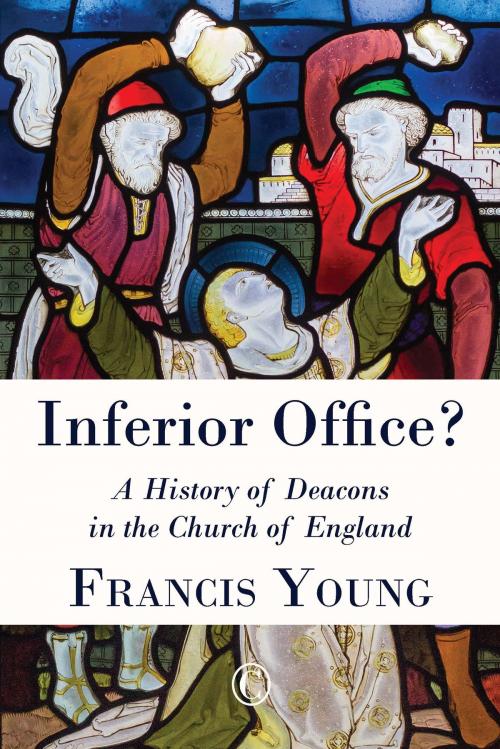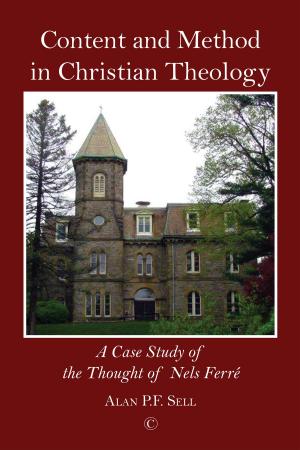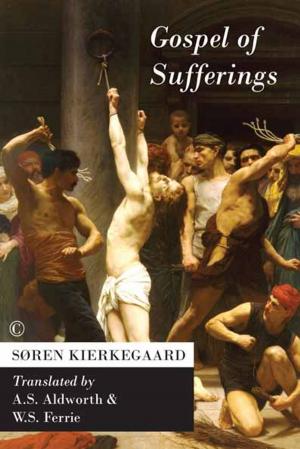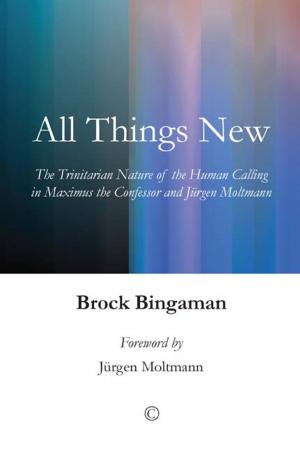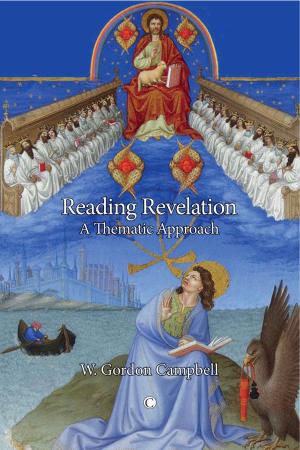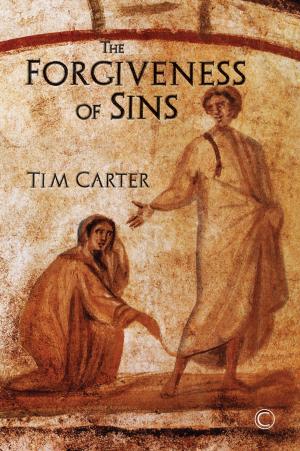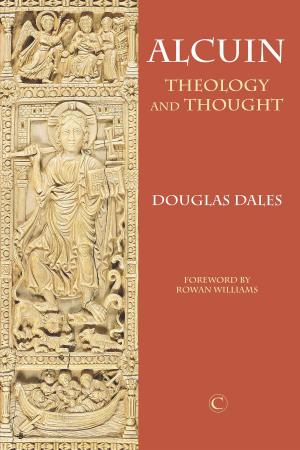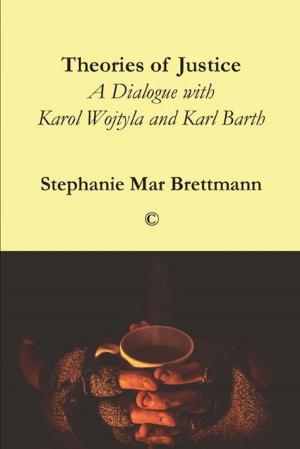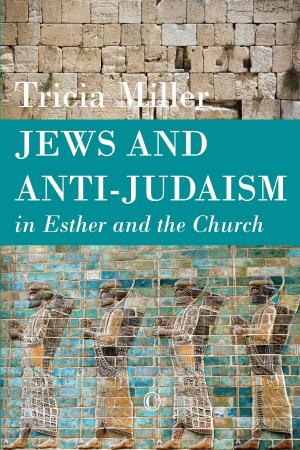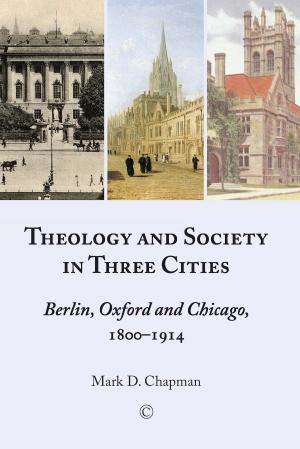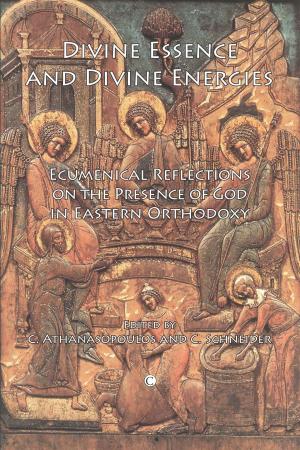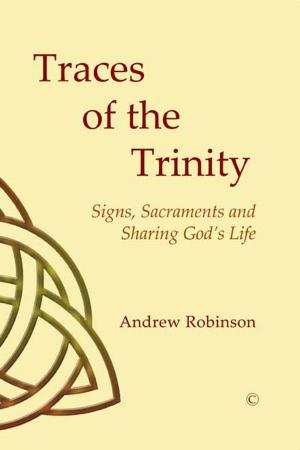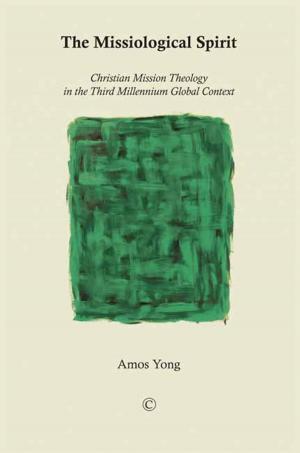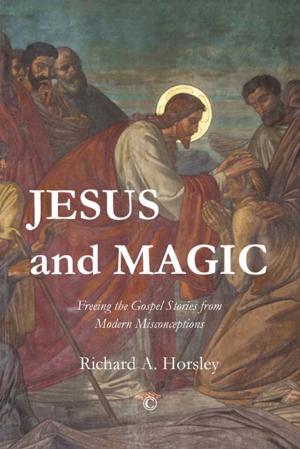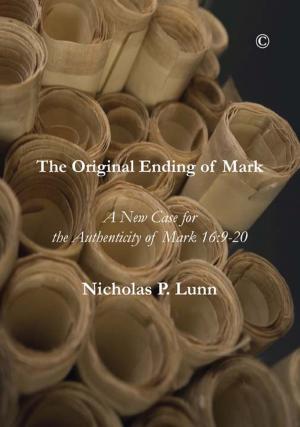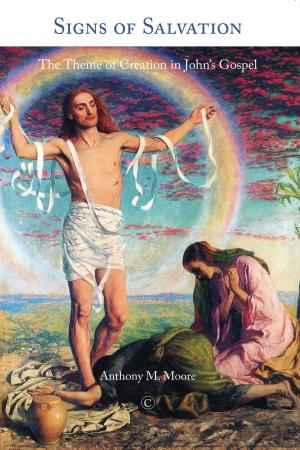Inferior Office?
A History of Deacons in the Church of England
Nonfiction, Religion & Spirituality, Christianity, Church, Clergy| Author: | Francis Young | ISBN: | 9780227903728 |
| Publisher: | James Clarke & Co | Publication: | April 30, 2015 |
| Imprint: | James Clarke & Co | Language: | English |
| Author: | Francis Young |
| ISBN: | 9780227903728 |
| Publisher: | James Clarke & Co |
| Publication: | April 30, 2015 |
| Imprint: | James Clarke & Co |
| Language: | English |
The book's purpose is to present the first extensive historical treatment of deacons in the Church of England, in an effort to explain why lifelong or 'distinctive' deacons have so far failed to become a major part of life in the Church of England, as they are in other parts of the Anglican Communion. It aims to contribute to the ongoing debate on the diaconate, not through theological arguments but by presenting the evidence of Anglican tradition on the diaconate since the publication of the Ordinal in 1550. The book challenges the belief that the diaconate was usually a brief and nominal period of probation for priests, revealing the importance of the diaconate to the Elizabethan defence of conformity and the diverse character of diaconal ministry in the seventeenth and eighteenth centuries. Lifelong deacons often belonged to a marginalised 'lower class' of the clergy that has been neglected in the historical record, making a study of deacons of considerable importance to the wider social history of the clergy.
For the first time, the book tells the full story of the persistent calls for the revival of a distinctive diaconate within the Church of England from 1839 onwards, and the book's final part draws on interviews with some of those involved in recent debates concerning women's ministry and the distinctive diaconate. The book's conclusion makes use of the historical evidence to present cases both for the abandonment of the distinctive diaconate and its further development, adopting a neutral stance on the issue.
The book's purpose is to present the first extensive historical treatment of deacons in the Church of England, in an effort to explain why lifelong or 'distinctive' deacons have so far failed to become a major part of life in the Church of England, as they are in other parts of the Anglican Communion. It aims to contribute to the ongoing debate on the diaconate, not through theological arguments but by presenting the evidence of Anglican tradition on the diaconate since the publication of the Ordinal in 1550. The book challenges the belief that the diaconate was usually a brief and nominal period of probation for priests, revealing the importance of the diaconate to the Elizabethan defence of conformity and the diverse character of diaconal ministry in the seventeenth and eighteenth centuries. Lifelong deacons often belonged to a marginalised 'lower class' of the clergy that has been neglected in the historical record, making a study of deacons of considerable importance to the wider social history of the clergy.
For the first time, the book tells the full story of the persistent calls for the revival of a distinctive diaconate within the Church of England from 1839 onwards, and the book's final part draws on interviews with some of those involved in recent debates concerning women's ministry and the distinctive diaconate. The book's conclusion makes use of the historical evidence to present cases both for the abandonment of the distinctive diaconate and its further development, adopting a neutral stance on the issue.
